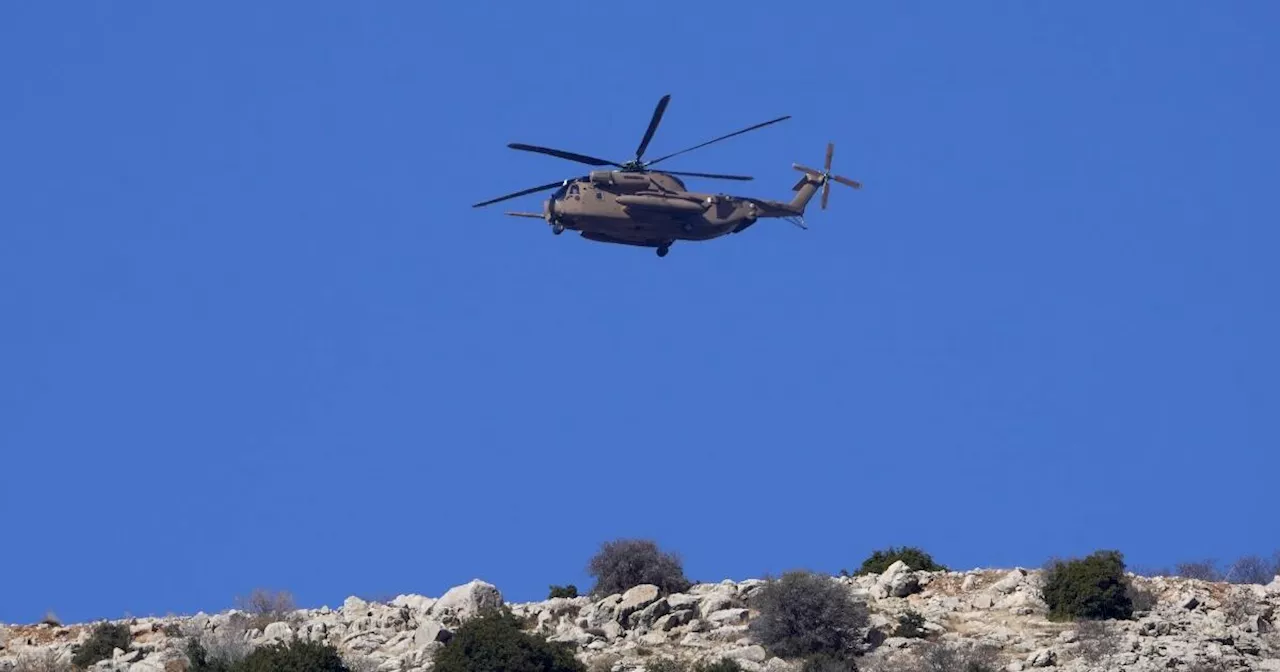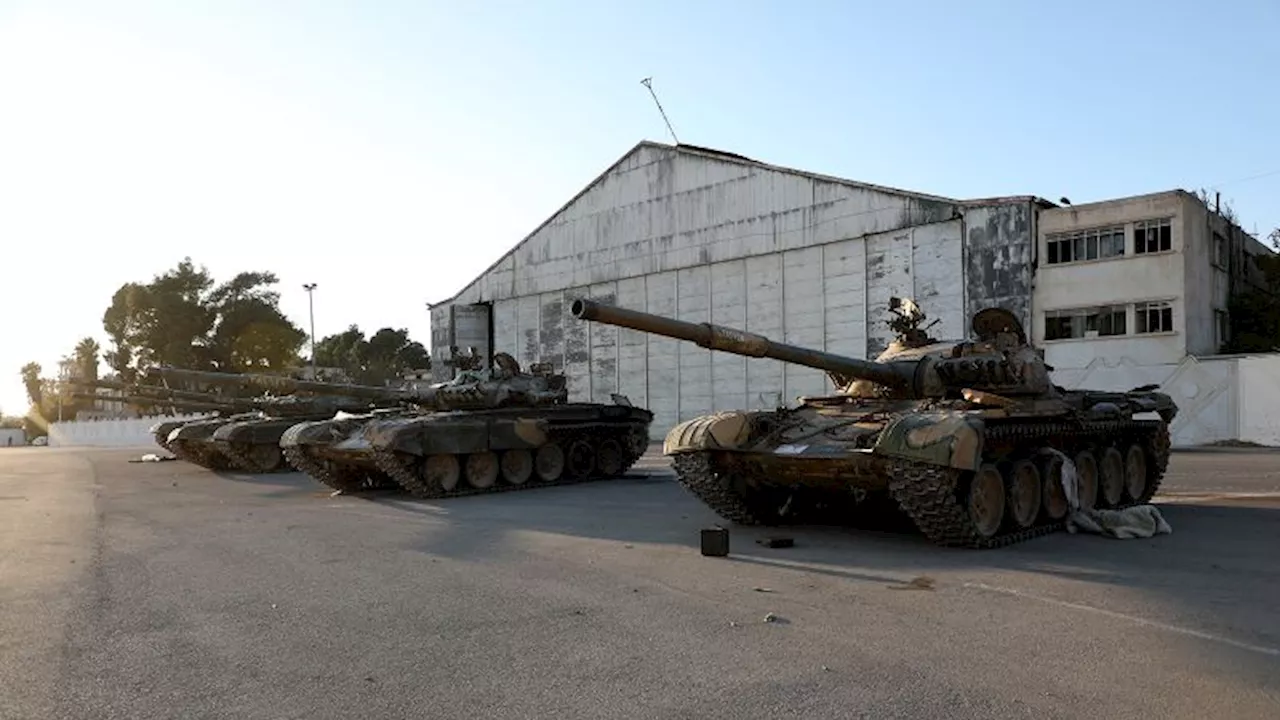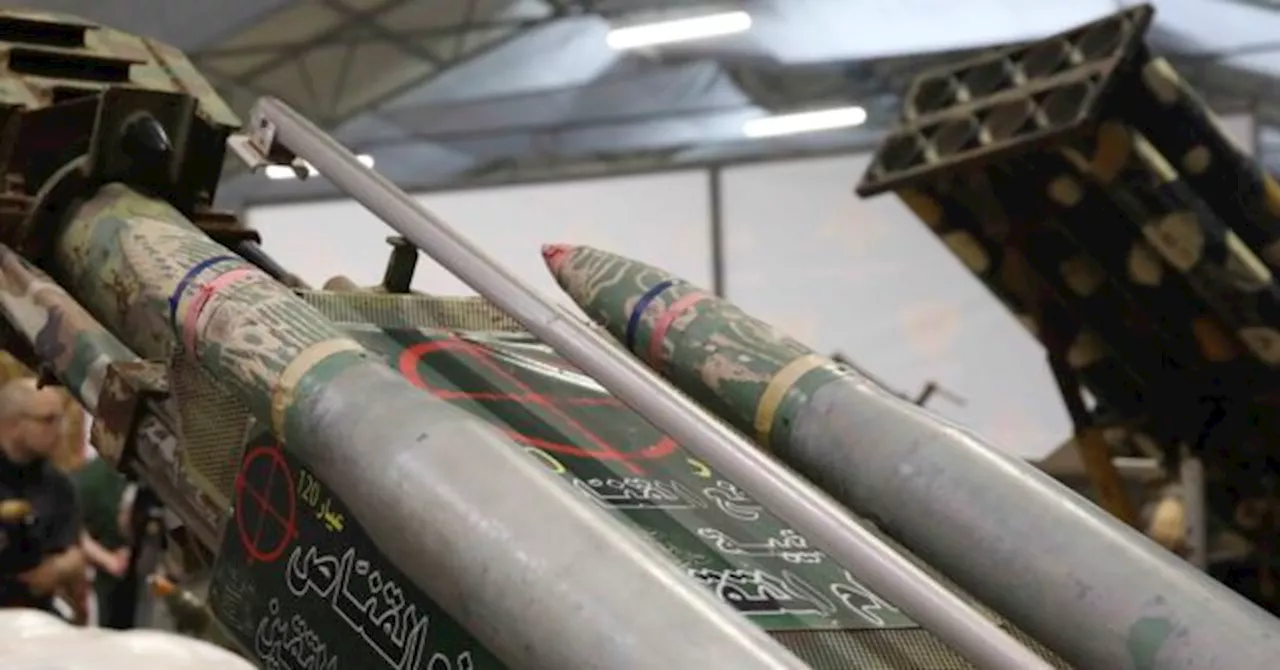The collapse of the Assad regime in Syria presents a major strategic challenge for Israel, despite initial signs that the change might be beneficial.
Suddenly, Israel has a Syria problem.For years, officials in Jerusalem had banked on a relatively predictable balance of power with the neighboring regime of Bashar al-Assad in Damascus. Despite Assad's enduring hostility toward the Jewish state and the inherent weakness of his regime, a tenuous status quo had been struck between the two countries, making it generally possible to anticipate how the Syria n dictator would behave.
This has served as a perverse source of comfort over the past 14 months, as Israel has found itself preoccupied with the threat of Hamas in the Gaza Strip, and more recently, that of Hezbollah in Lebanon.But no longer. The rapid December collapse of the Assad regime in the face of reinvigorated domestic opposition has demolished the old status quo in the Levant. In its place, the world has seen the rise of a motley coalition of Sunni extremist groups dominated by one-time al-Qaeda affiliate Hayat Tahrir al-Sham and its charismatic leader, Abu Mohammad al-Jolani.At first blush, that new order might appear beneficial to Jerusalem. After all, the overthrow of Assad has helped to dislodge Iran's previously-robust presence on Israel's northern border, which had entailed dozens of military bases and thousands of deployed foreign fighters. Thousands of Iranian civilians have already fled from Syria, fearing life under Sunni control, while Iran has been forced to rely on Russia to ferry its military forces to safety. Significant, too, is the fact that the 'land bridge' between Tehran and Beirut—which the Iranian regime used for years to supply weaponry to Hezbollah in Lebanon—has now effectively been severed.Yet a closer examination suggests that Syria's transformation represents a profound strategic challenge for Israel—one that the Jewish state is now scrambling to addres
Syria Israel Assad Regime Hayat Tahrir Al-Sham Iran
United States Latest News, United States Headlines
Similar News:You can also read news stories similar to this one that we have collected from other news sources.
 Israel Strikes Suspected Syrian Chemical Weapons SitesIsrael's foreign minister says Israel has struck suspected Syrian chemical weapons sites.
Israel Strikes Suspected Syrian Chemical Weapons SitesIsrael's foreign minister says Israel has struck suspected Syrian chemical weapons sites.
Read more »
 Israel targets Syrian military bases and arsenals before new leaders can take them overThe Israeli military said it targeted Syrian antiaircraft batteries, missile depots, manufacturing facilities, drones, helicopters, fighter jets, tanks, hangars, radars and 15 naval vessels.
Israel targets Syrian military bases and arsenals before new leaders can take them overThe Israeli military said it targeted Syrian antiaircraft batteries, missile depots, manufacturing facilities, drones, helicopters, fighter jets, tanks, hangars, radars and 15 naval vessels.
Read more »
 Netanyahu Says Israel Will Remain in Syrian Buffer ZoneIsraeli Prime Minister Benjamin Netanyahu stated that Israeli forces will maintain a presence in a Syrian buffer zone captured after the fall of President Bashar Assad. Netanyahu, making history as the first serving Israeli leader to enter Syrian territory, emphasized the strategic importance of the Mount Hermon location for Israel's security. Israel seized the 400 square kilometer (155 square mile) demilitarized zone, drawing criticism for violating the 1974 ceasefire and potentially exploiting the Syrian chaos to seize territory. Netanyahu affirmed Israel's commitment to remain until a new solution ensuring Israel's security is found.
Netanyahu Says Israel Will Remain in Syrian Buffer ZoneIsraeli Prime Minister Benjamin Netanyahu stated that Israeli forces will maintain a presence in a Syrian buffer zone captured after the fall of President Bashar Assad. Netanyahu, making history as the first serving Israeli leader to enter Syrian territory, emphasized the strategic importance of the Mount Hermon location for Israel's security. Israel seized the 400 square kilometer (155 square mile) demilitarized zone, drawing criticism for violating the 1974 ceasefire and potentially exploiting the Syrian chaos to seize territory. Netanyahu affirmed Israel's commitment to remain until a new solution ensuring Israel's security is found.
Read more »
 US charges two former Syrian officials for allegedly torturing Americans and Syrian nationalsTwo former high-ranking Syrian intelligence officials have been charged with war crimes for allegedly torturing Americans and other civilians who were deemed enemies by the Syrian government and held in a military prison, the Department of Justice said Monday.
US charges two former Syrian officials for allegedly torturing Americans and Syrian nationalsTwo former high-ranking Syrian intelligence officials have been charged with war crimes for allegedly torturing Americans and other civilians who were deemed enemies by the Syrian government and held in a military prison, the Department of Justice said Monday.
Read more »
 Israeli troops near Damascus, say Syrian security, after Israeli airstrikes hit Syrian basesToday's Video Headlines: 12/9/24
Israeli troops near Damascus, say Syrian security, after Israeli airstrikes hit Syrian basesToday's Video Headlines: 12/9/24
Read more »
 Report: Israel Concerned About Syrian Chemical Weapons Falling into Rebel HandsSource of breaking news and analysis, insightful commentary and original reporting, curated and written specifically for the new generation of independent and conservative thinkers.
Report: Israel Concerned About Syrian Chemical Weapons Falling into Rebel HandsSource of breaking news and analysis, insightful commentary and original reporting, curated and written specifically for the new generation of independent and conservative thinkers.
Read more »
